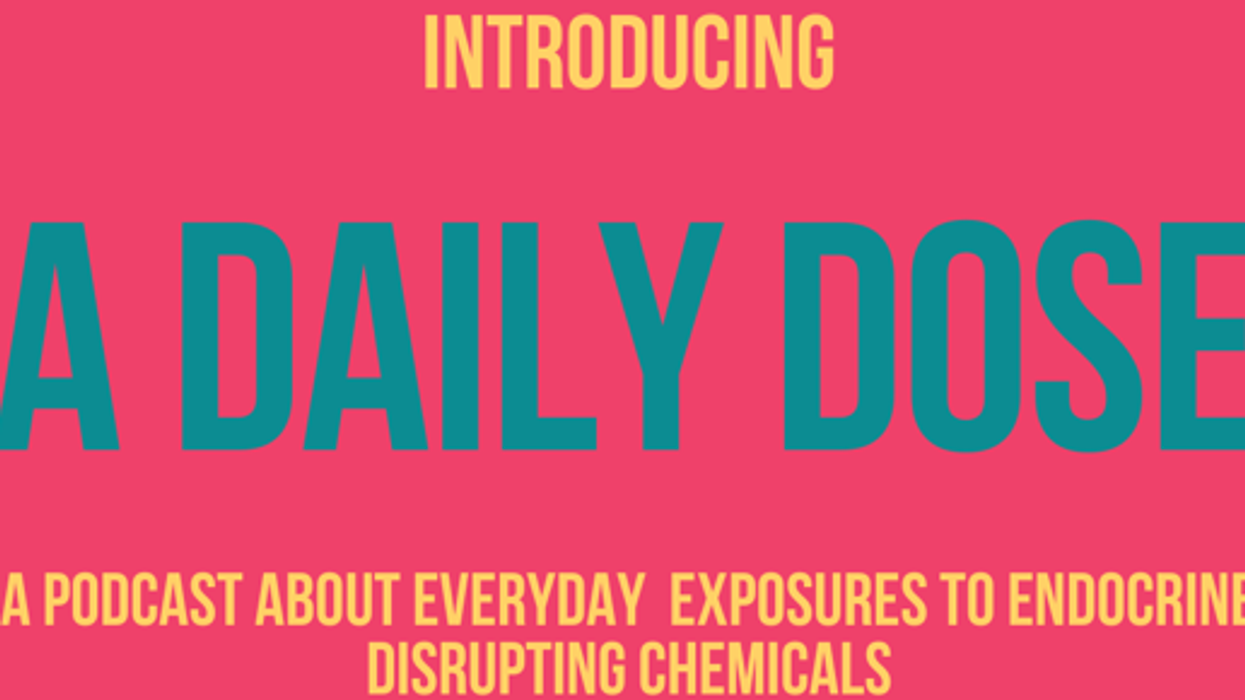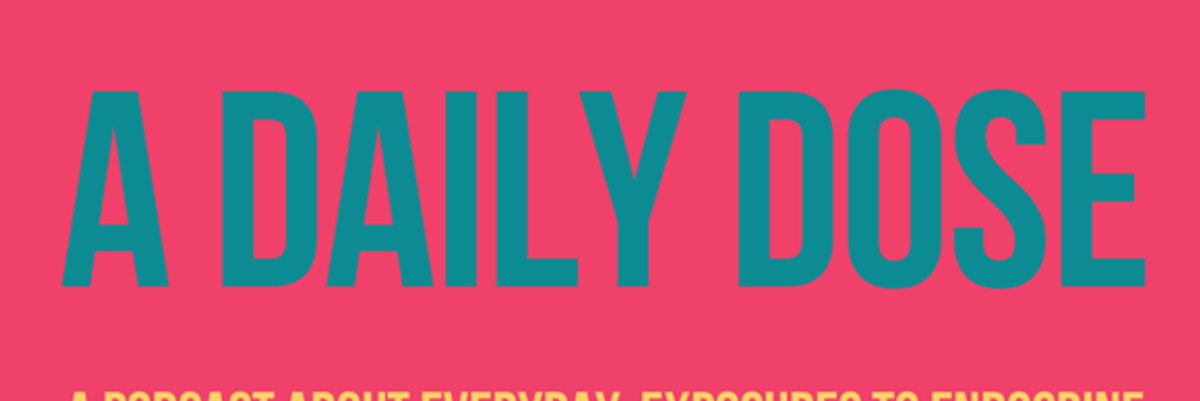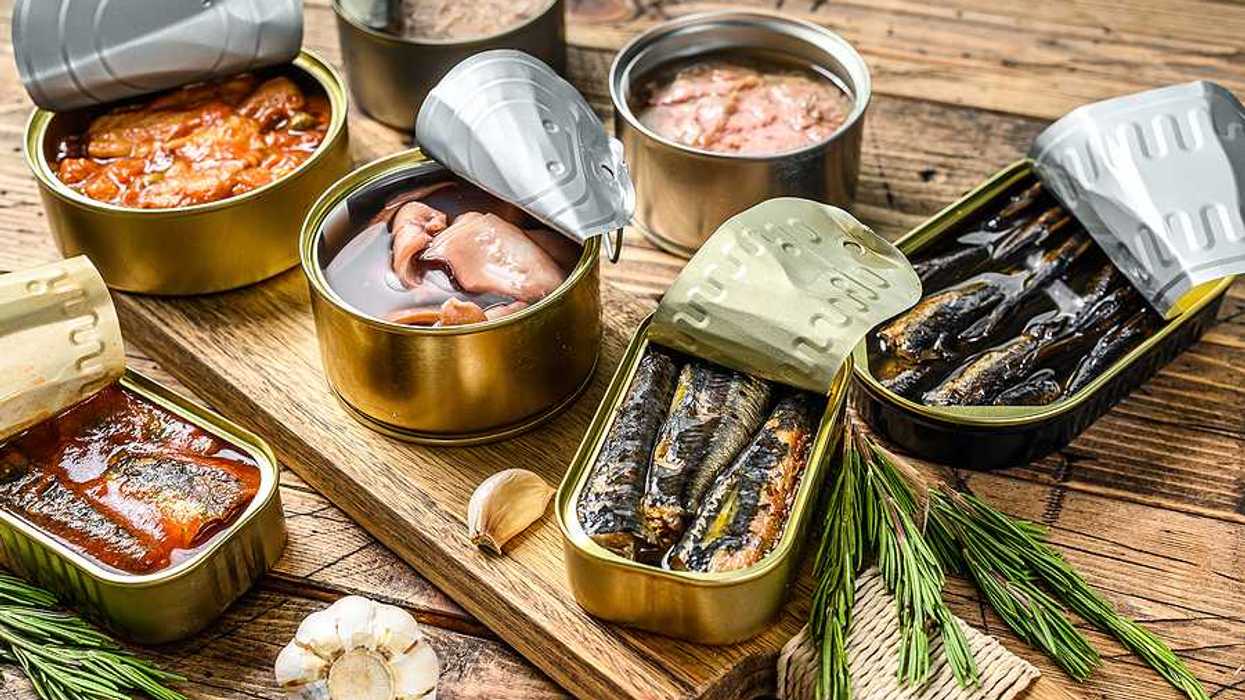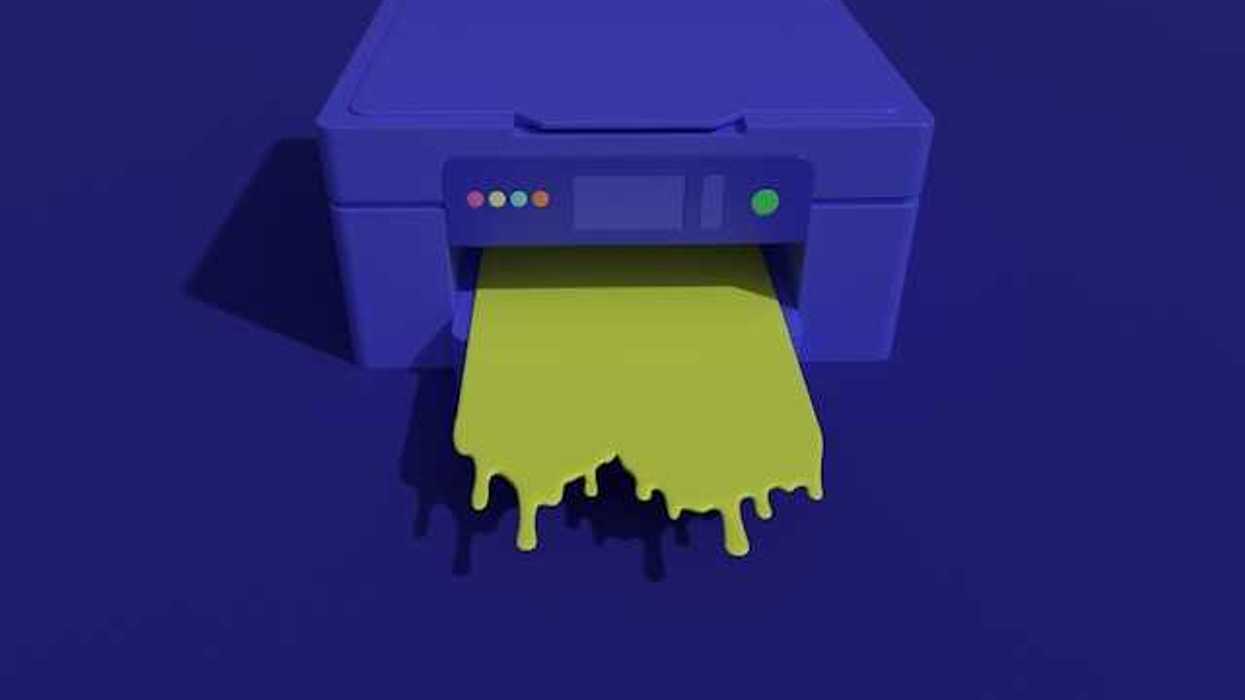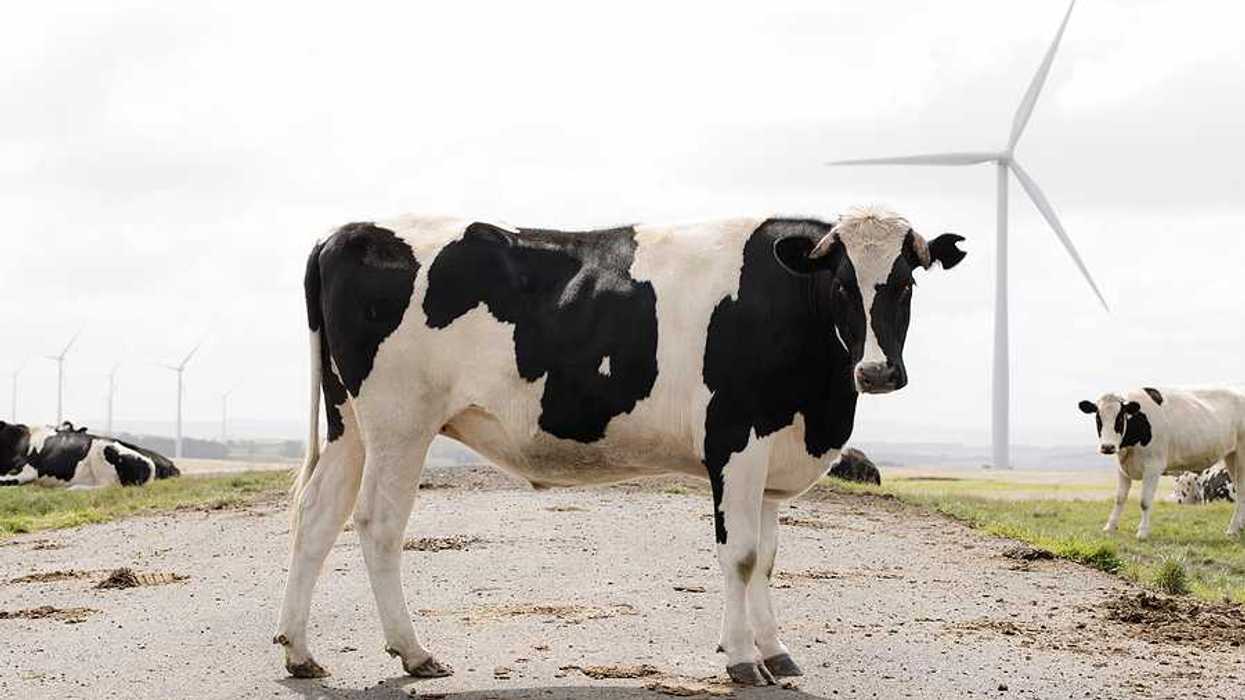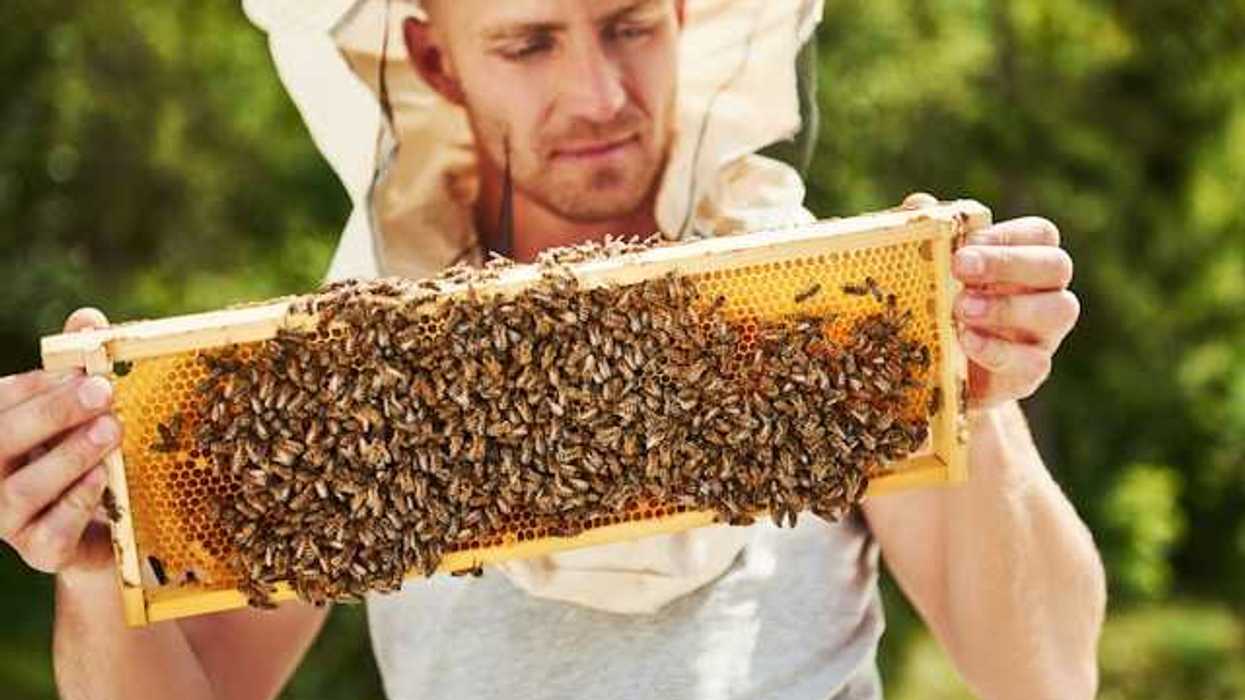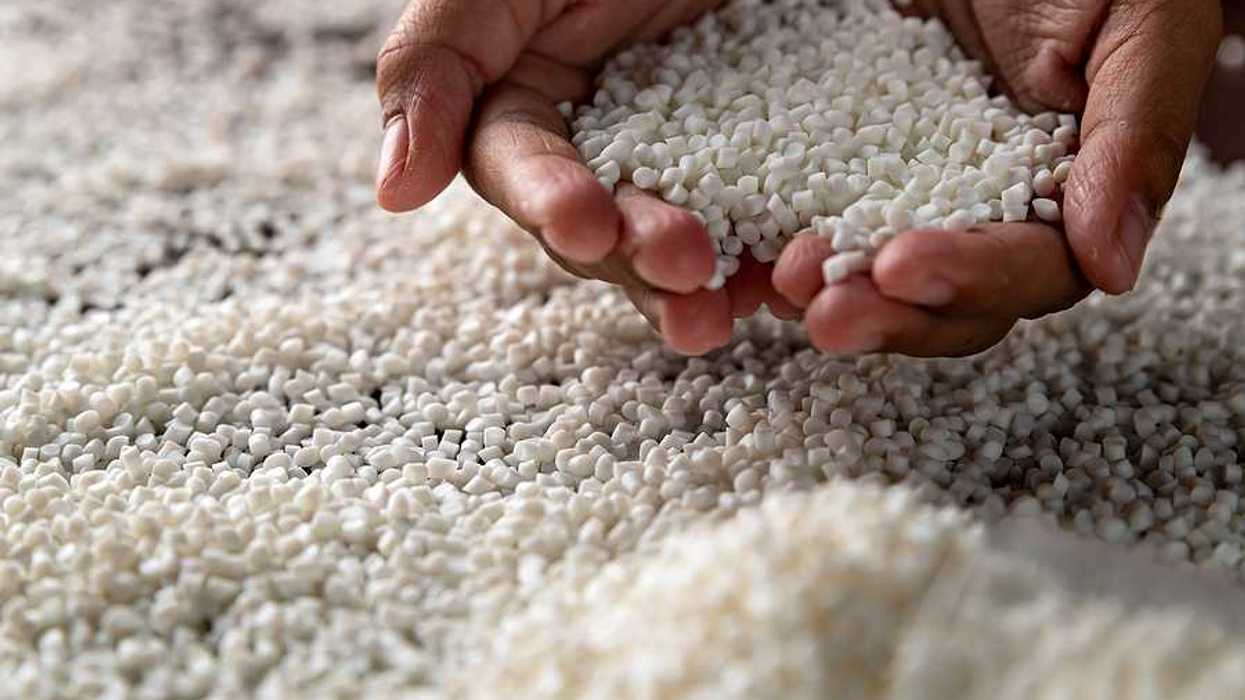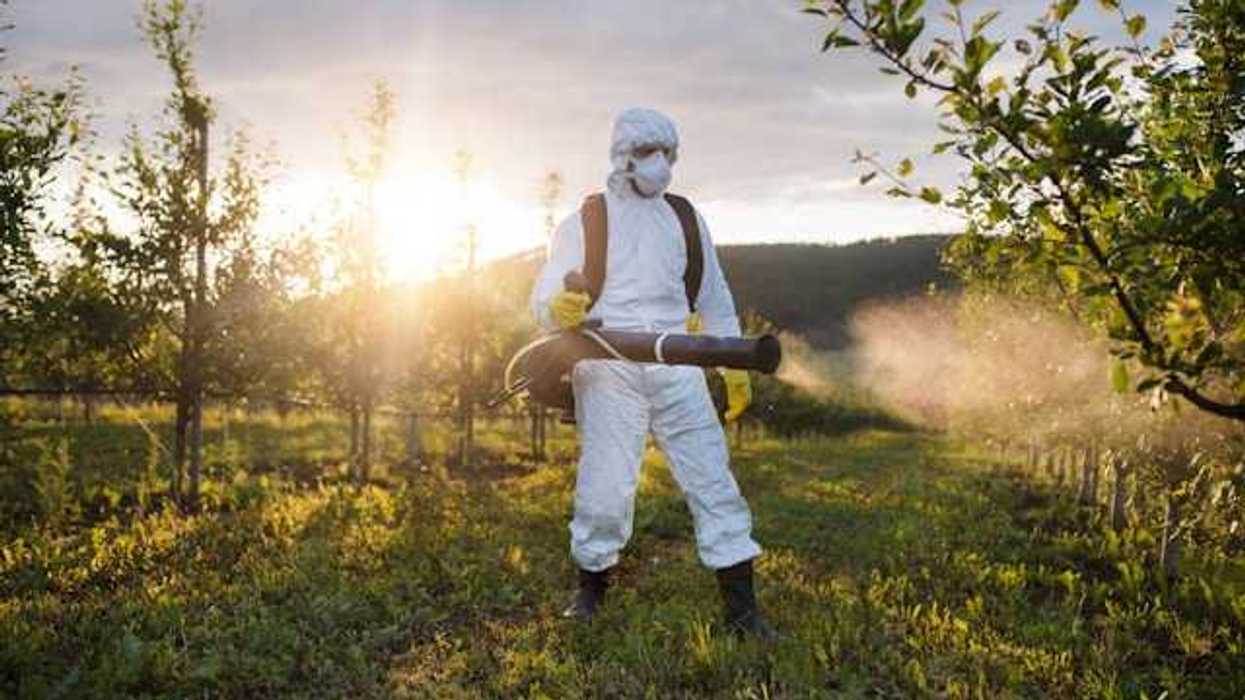A picture is worth a thousand words, but can we paint that picture with a podcast?
This was the challenge taken on by six public health undergraduate students from UMass Amherst. We interviewed more than 20 of the world’s leading scientists who study endocrine-disrupting chemicals. Using what we learned, we paint a picture with words to create a new podcast, A Daily Dose.
A Daily Dose includes 28 episodes that explore specific topics relevant to endocrine-disrupting chemicals. Some of these episodes investigate specific chemicals or classes of chemicals, like the now-infamous plastic ingredient BPA, the insecticide DDT, or the chemical mixtures used in fracking. Other episodes examine effects, organs and diseases, such as diabetes, obesity, or the role of the placenta in growth and development, or describe complex and confusing aspects of how endocrine-disrupting chemicals are identified, tested, and regulated.
The science of endocrinology, disease, environmental epidemiology, and risk assessment can be hard for even well-trained scientists to digest. We break down these concepts into bite-sized stories.
Some examples:
- Episode 5, Hospitals, Health & Harm, where Dr. Rob Sargis talks about some of his latest work to document exposures to endocrine-disrupting chemicals in the healthcare setting. Dr. Sargis points out that there is so much more that medical professionals should do to protect their patients from the harmful effects;
- Episode 15, BPA & An Accidental Discovery, where Dr. Pat Hunt tells the story of how an accident in her lab led her lab animals to be exposed to high levels of BPA. After that accident, she saw huge effects on female reproductive health, leading her and others to conclude that the chemical was harmful;
- Episode 20, The Cocktail Effect, features Dr. Andreas Kortenkamp, who describes some of the cutting-edge research suggesting that endocrine-disrupting chemicals have effects that add up when more than one chemical is present in a mixture.
We hope that the release of A Daily Dose will not just inform the public about the hazards of endocrine-disrupting chemicals, but also provide tools and information that we all can use to protect ourselves. Episode 27 specifically focuses on the Practice of Prevention, but most of the episodes include tips and suggestions to limit exposures, or even prevent some of their harm.
Our podcast was funded by a grant from the U.S. National Institute of Environmental Health Sciences. Although the content is solely the responsibility of the authors and does not necessarily represent the official views of the National Institutes of Health, NIEHS offers many resources about endocrine disrupting chemicals.
All episodes of A Daily Dose are available for free, without advertising, on podcast streaming platforms (Spotify, Apple Podcasts, etc.). You can find all episodes here.
- Jerry Heindel: A new hub for the science of hormone disruptors - EHN ›
- Vandenberg, Trasande, Sargis: Understanding endocrine disruptors ... ›

